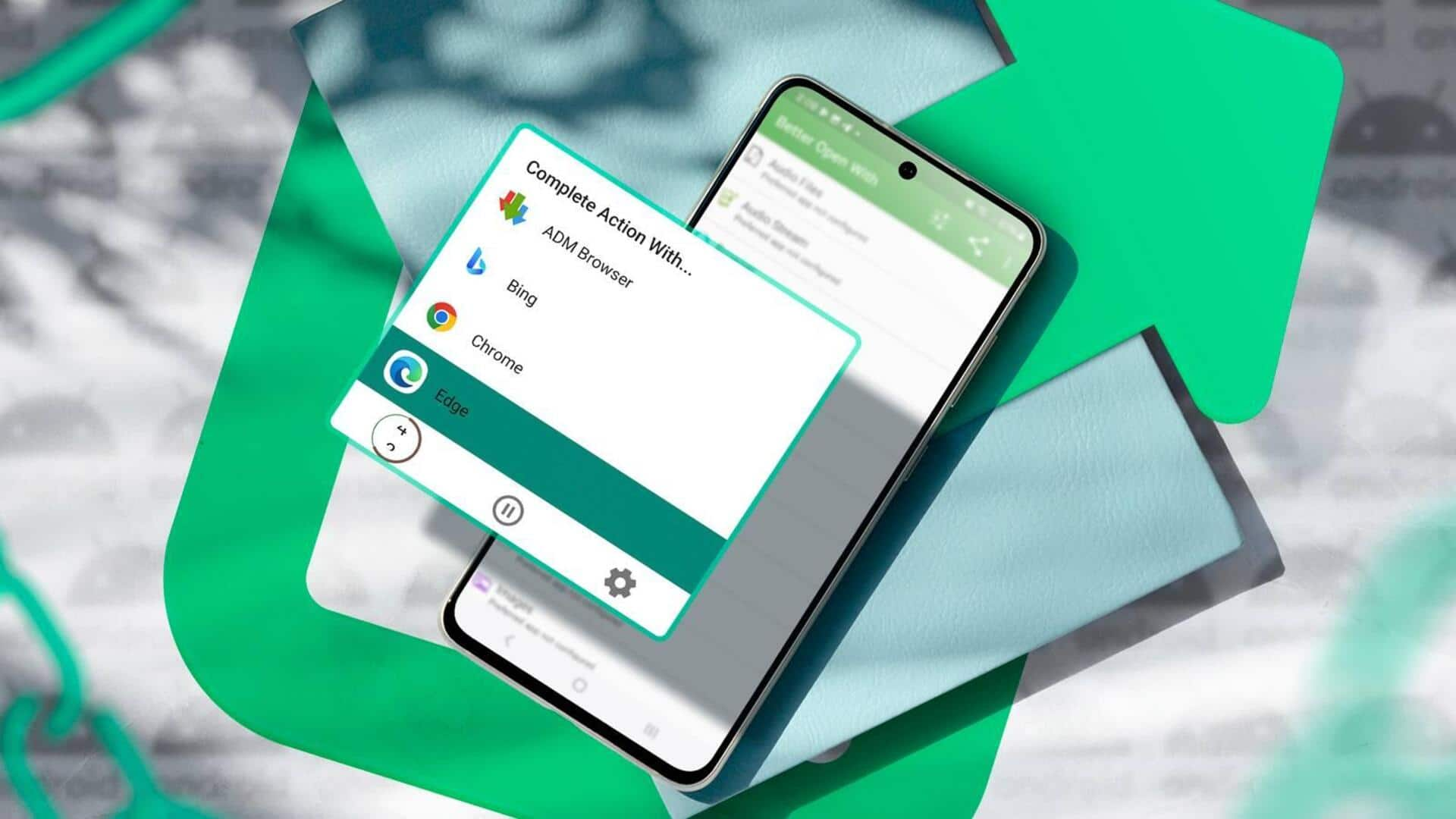
Android apps overstep privacy boundaries: IIT study
What's the story
A recent study from the IIT Delhi has revealed that Android apps with precise location access can gather more information than users realize. The research found that these apps can determine if a person is indoors or outdoors, in a crowded space, and even understand room structures and user activities without using the phone's camera or microphone.
Methodology
How AndroCon works
The researchers analyzed subtle variations in GPS data, such as signal strength, noise, and frequency shifts, to infer a user's environment and behavior. Their system, AndroCon, employs nine low-level GPS parameters like Doppler shift and power variations to detect user activity and context. It can tell if a person is sitting or standing, lying down, or walking around.
Performance
Accuracy and privacy concerns
AndroCon achieved an impressive 99% accuracy in identifying surroundings and over 87% accuracy in recognizing human activities during a year-long study covering 40,000 sq km and several smartphone models. The system can even detect subtle gestures like hand movements near the phone. However, while it can help create context-aware applications without using intrusive sensors, the researchers warn that this also exposes a privacy gap.
Privacy concerns
Potential for misuse
The study highlights that any Android app with precise location access could potentially extract contextual data without user consent. "This study reveals an unseen side of GPS, a silent yet powerful sensing channel," said Prof. Smruti R. Sarangi, one of the researchers. "AndroCon turns an ordinary smartphone into an unexpectedly precise scientific instrument, and a reminder that even familiar technologies can hold hidden risks when misused."